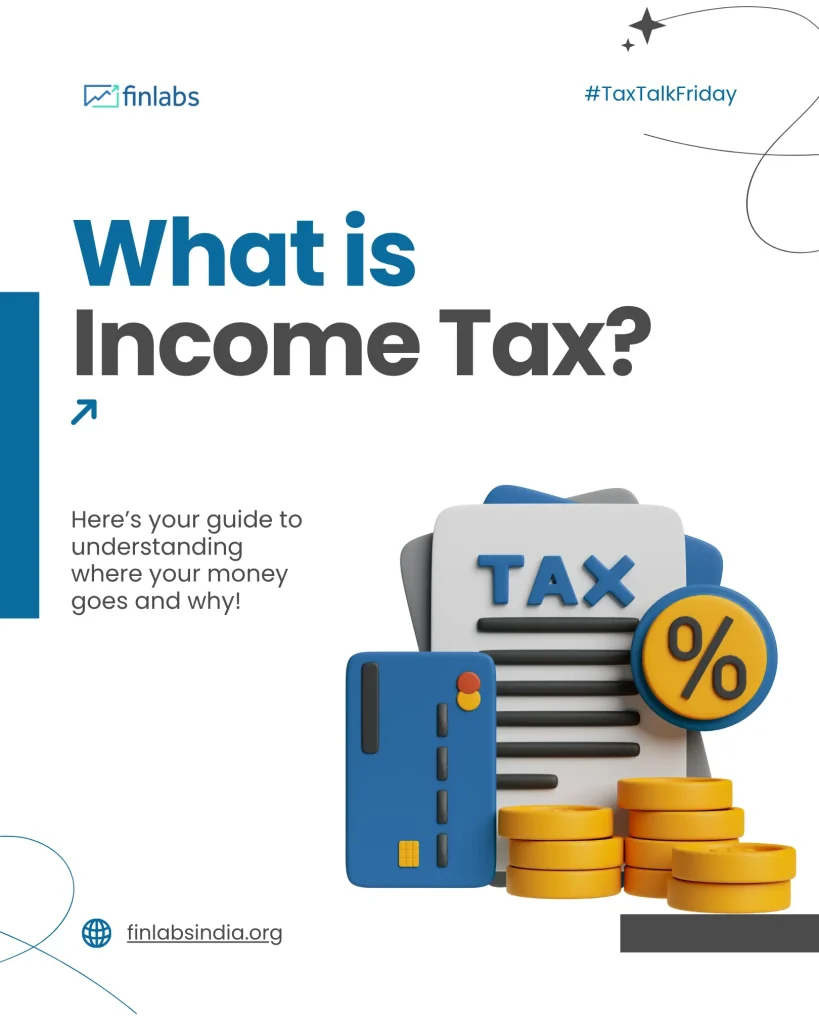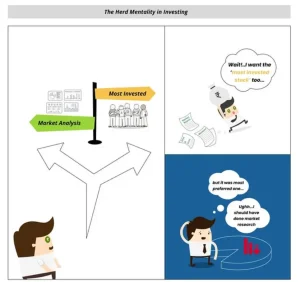What is Income Tax
Income tax is a portion of your earnings that you pay to the government. It’s used to fund vital services like healthcare, education, infrastructure, and national security.
TAX – Let’s Start Simple!
Think of income tax as your share in keeping the country running. The money you contribute helps maintain public systems that benefit everyone.
Why Is It Important?
Taxes are essential for national growth. They support development projects, ensure safety, improve public welfare, and help build a better tomorrow.
Who Pays It?
If your income exceeds a certain limit, you’re required to pay tax. This includes:
• Salaried professionals
• Freelancers and consultants
• Business owners
• People earning from rent or investments
Is It the Same for Everyone?
Not at all! India follows a progressive tax system with slabs—higher income groups pay a higher percentage, while lower incomes may pay less or none at all.
In Summary!
• Income tax supports nation-building
• Your tax rate depends on how much you earn
• You can lower your tax liability through approved tax-saving investments
#TaxTalkFriday #IncomeTaxBasics #FinancialLiteracy #MoneyMadeSimple #FF11




